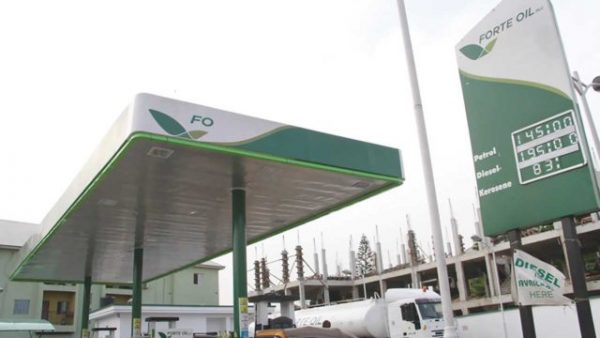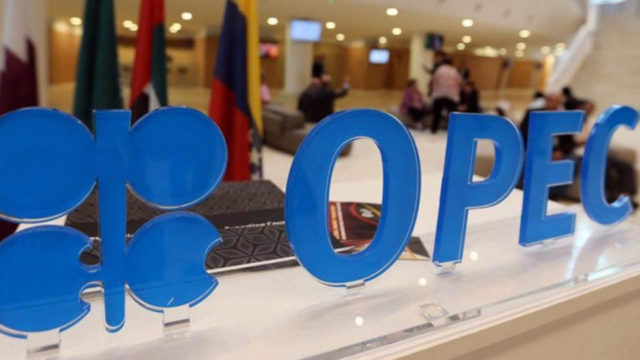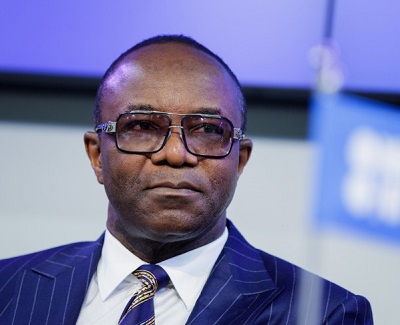NNPC To Pay IOCs $5.1 Billion
 The Nigerian National Petroleum Corporation (NNPC) is set to return about $5.1 billion to international oil companies as it exits the cash-call agreement with these companies which include Shell, ExxonMobil, Chevron, Total, Italy’s Eni and domestic firm Oando.
The Nigerian National Petroleum Corporation (NNPC) is set to return about $5.1 billion to international oil companies as it exits the cash-call agreement with these companies which include Shell, ExxonMobil, Chevron, Total, Italy’s Eni and domestic firm Oando.
The previous agreement had crippled the company’s finances and resulted in long-delayed payments, hence NNPC sat with the IOCs to re-examine the agreement and put an end to it.
The $5.1bn to be returned by NNPC is what it owes the IOCs over the next five years, according to the Oil Minister, Dr. Ibe Kachikwu who disclosed this at the signing ceremony in Abuja last week.
Under a new arrangement, the federal government will continue to receive royalties, taxes and profit from its equity share of joint venture oil and gas production, with the cost of operations deducted up front.
The cash-call arrangements, under which NNPC had to pay for its 55-60pc share of investment in the upstream joint ventures, have been in place for over 40 years. The outstanding arrears payments, which stood at $6.8bn before its partners agreed to cut the debt by $1.7bn, have prevented the Nigerian firm from paying crude export revenues to the government for almost two years.
Kachikwu said savings from the new arrangements were expected to increase the government’s oil revenues by $2bn/yr. The oil ministry hopes the repayment of NNPC’s debts to its joint venture partners will help to restore business confidence in Nigeria’s oil sector and boost upstream investment.
The Oil Minister added that this is part of new measures and strategies aimed at eliminating the burden of Joint Venture Cash Call arrears and securing future funding for the upstream petroleum sector.
These strategies which are fully supported by the National Economic Council (NEC) will lead to an increase in national production from the current 2.2mbpd to 2.5mbpd by 2019, as well as reduction in Unit Technical Costs from $27.96/Barrel Oil Equivalent (boe) to $18/boe.
The net payments to the Federation Account is expected to double from about $7 billion to over $14 billion by 2020 and the immediate effect of the new cash call policy will increase net FGN Revenue per annum by about $2 billion.
Kachikwu outlined other innovations and initiatives championed by the ministry over the past year which have revamped the sector, restored investors’ confidence which was at an all-time low and positioned Nigeria’s Oil and Gas value chain for profitability.
It would be recalled that based on historical records, the current Cash Call system has been structurally defective and has failed to address the perennial Joint Venture funding challenges being experienced in the industry where the Federal Government underfunding of the industry through JV Cash Calls stood at $9.125 billion by September 2016.







